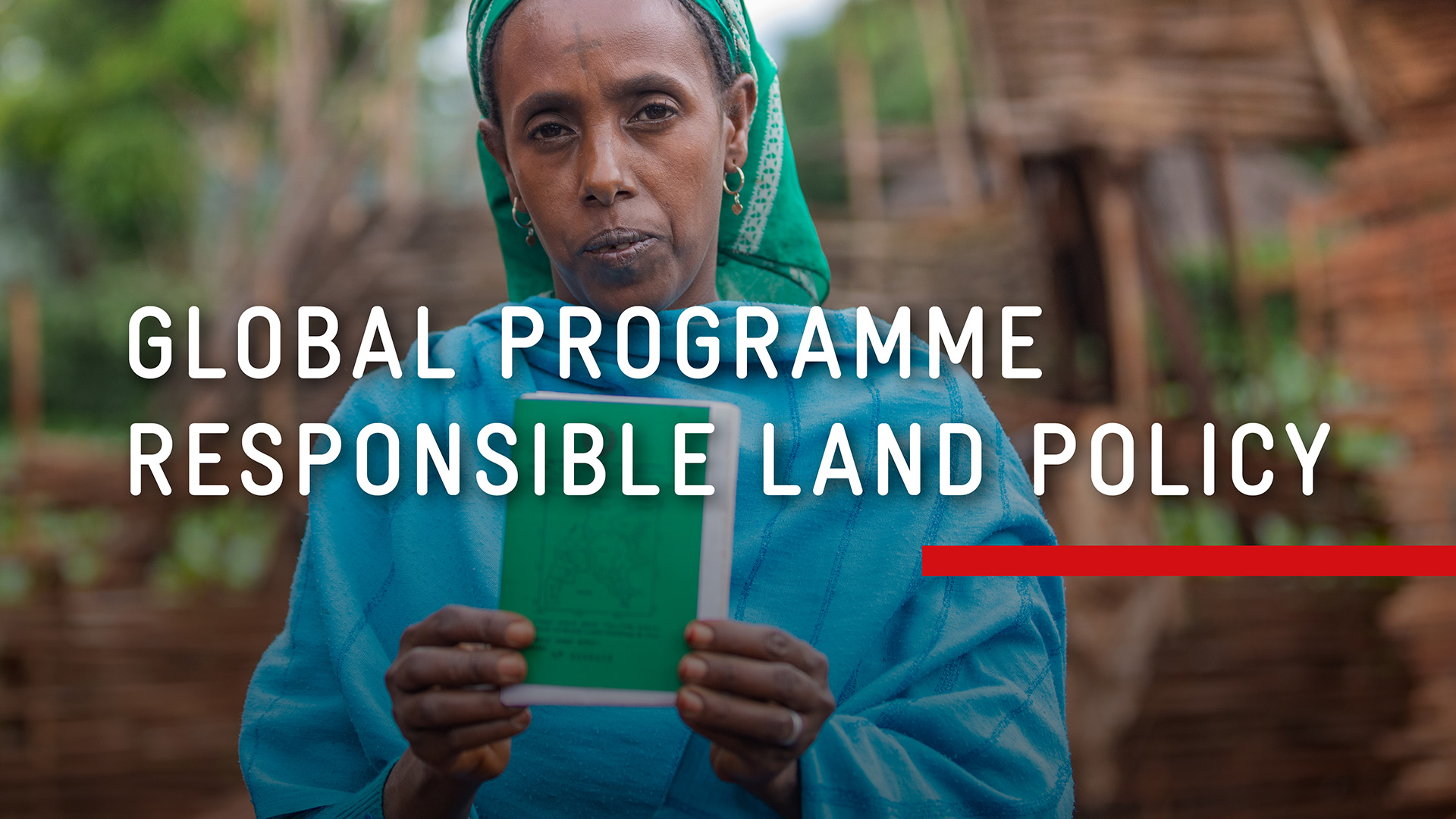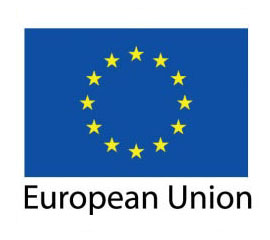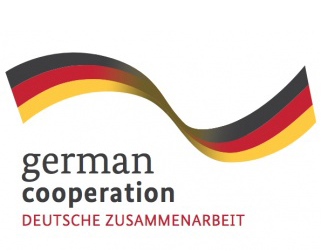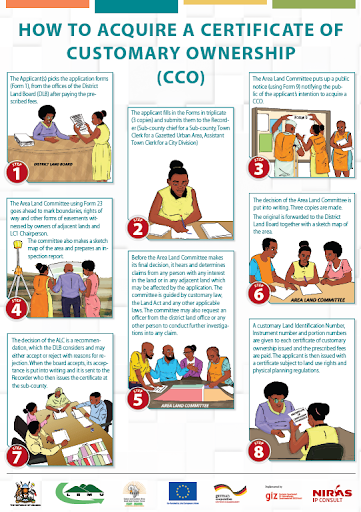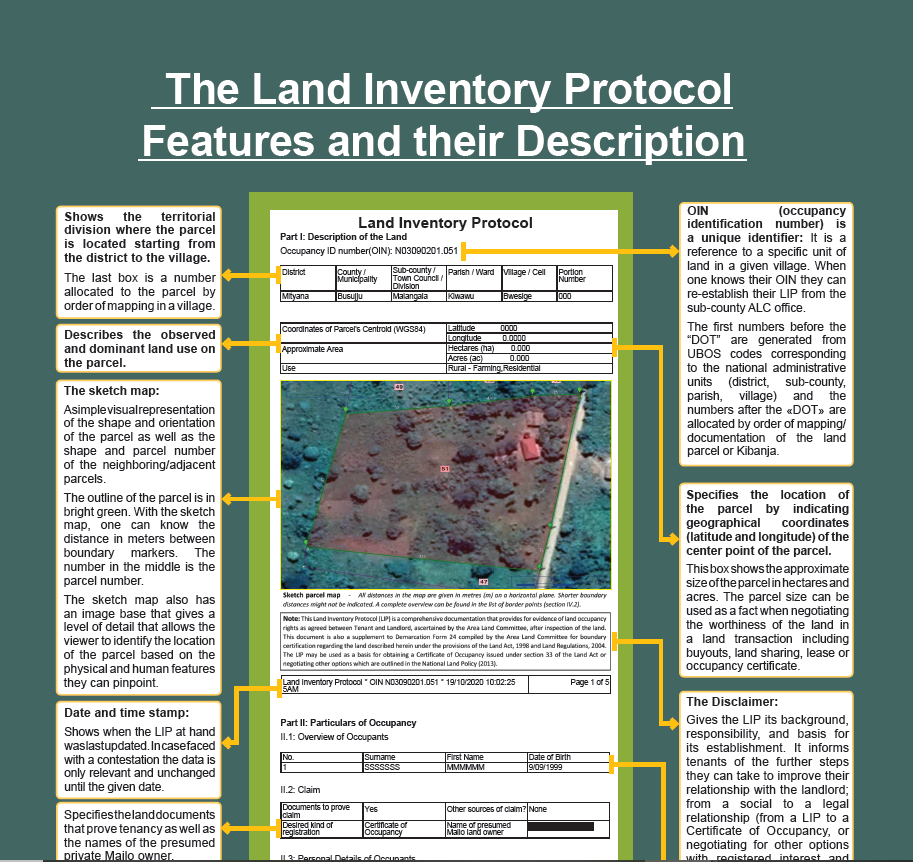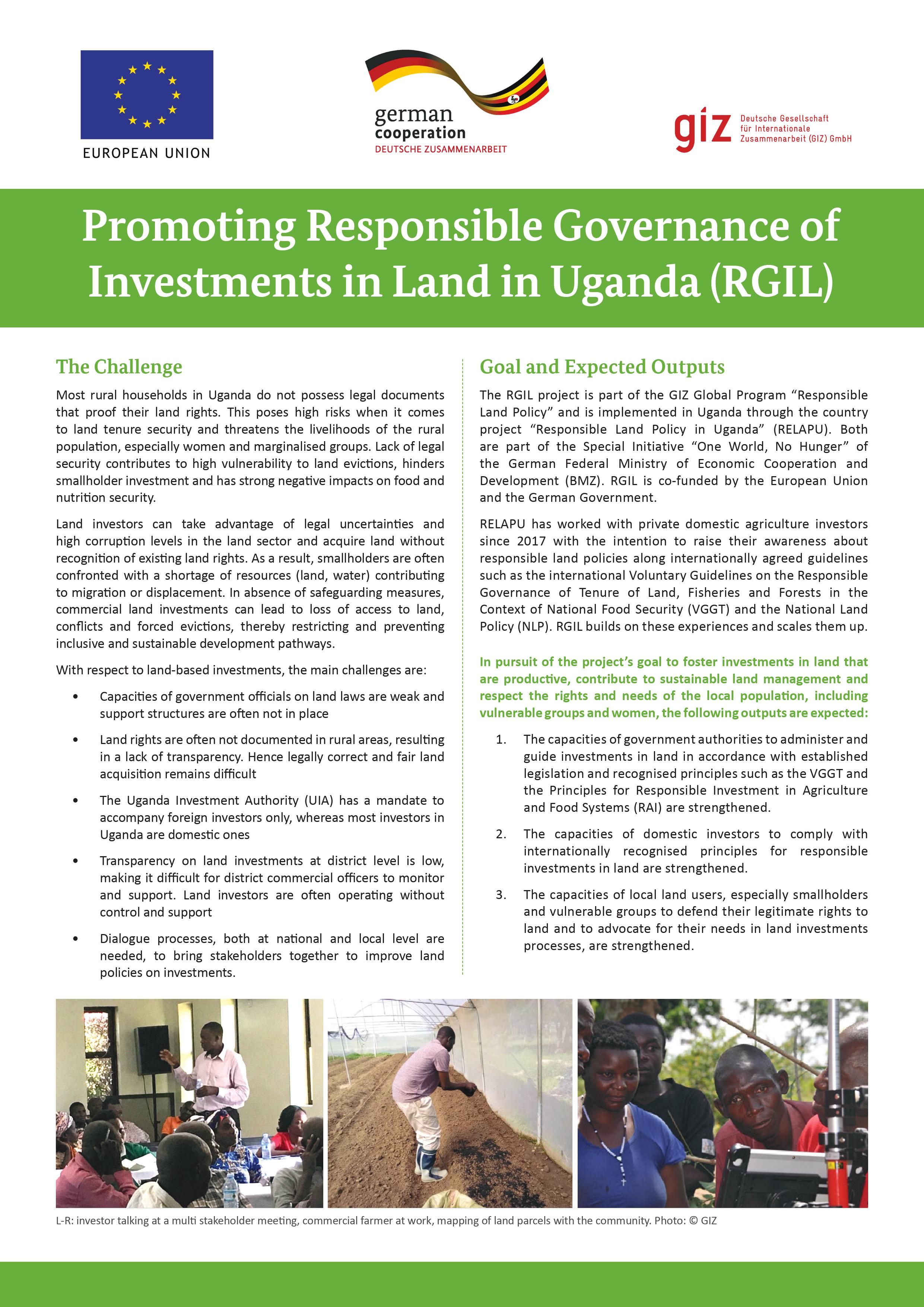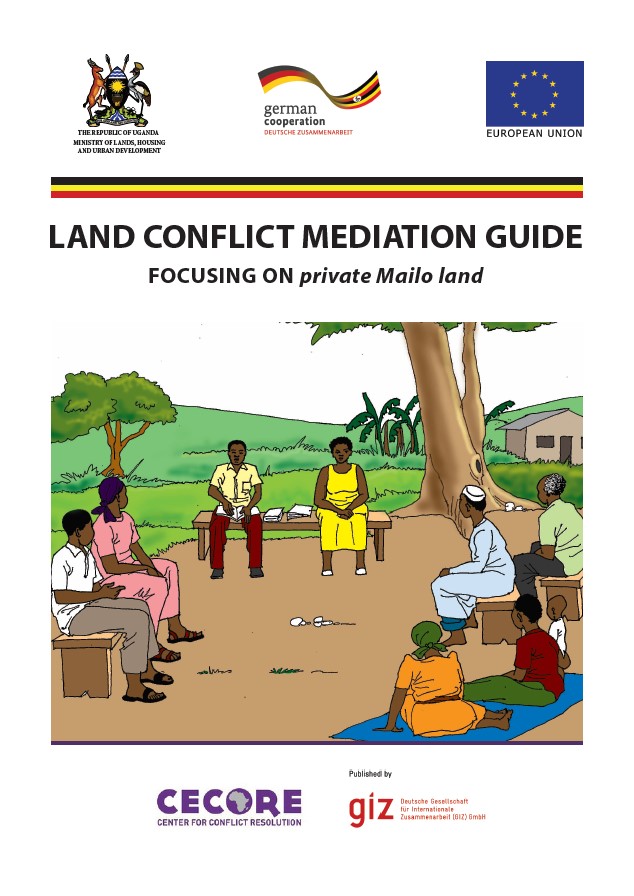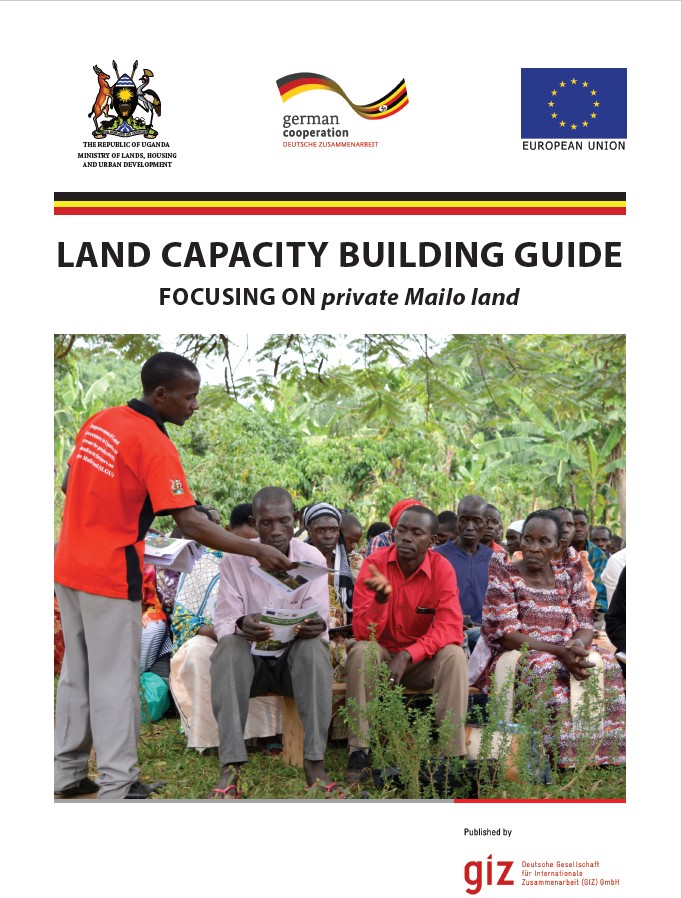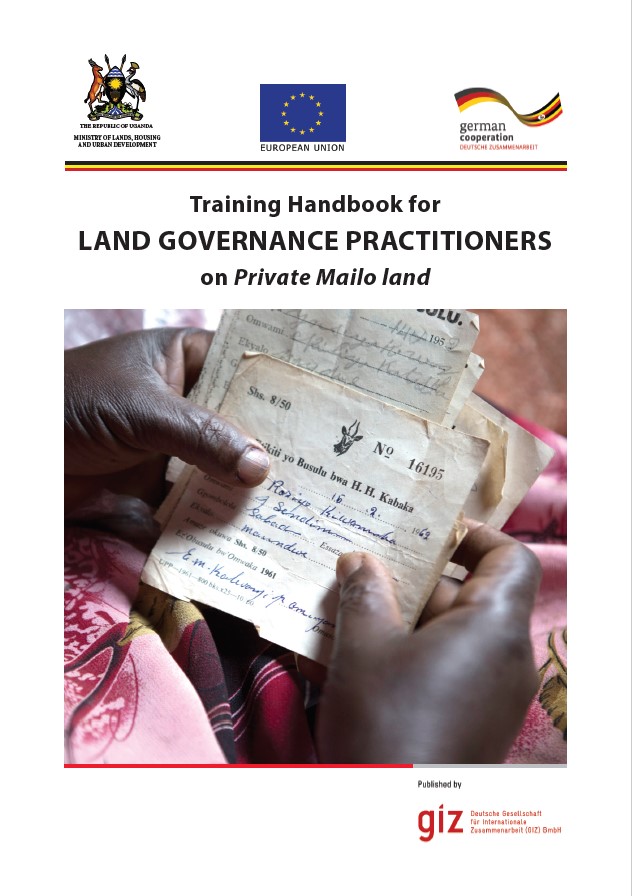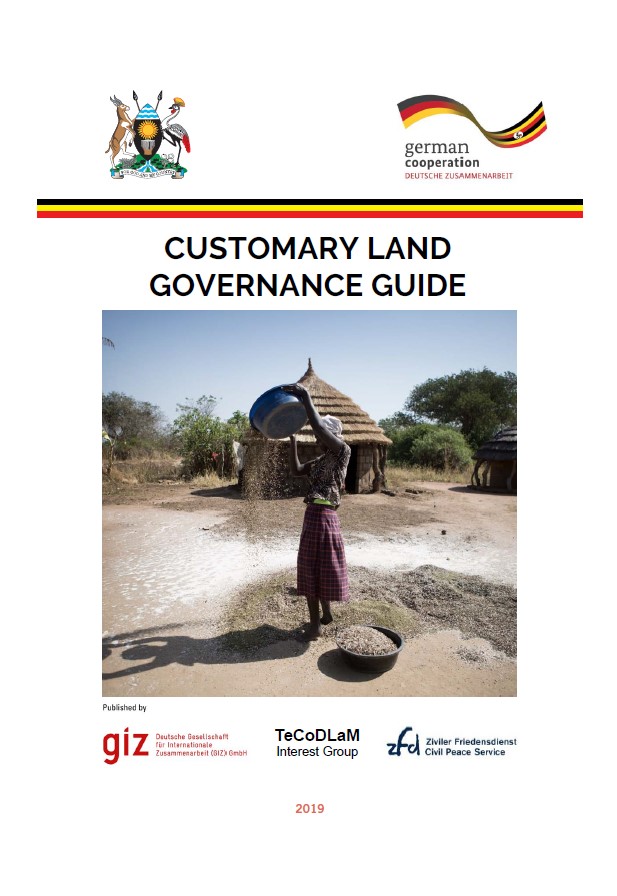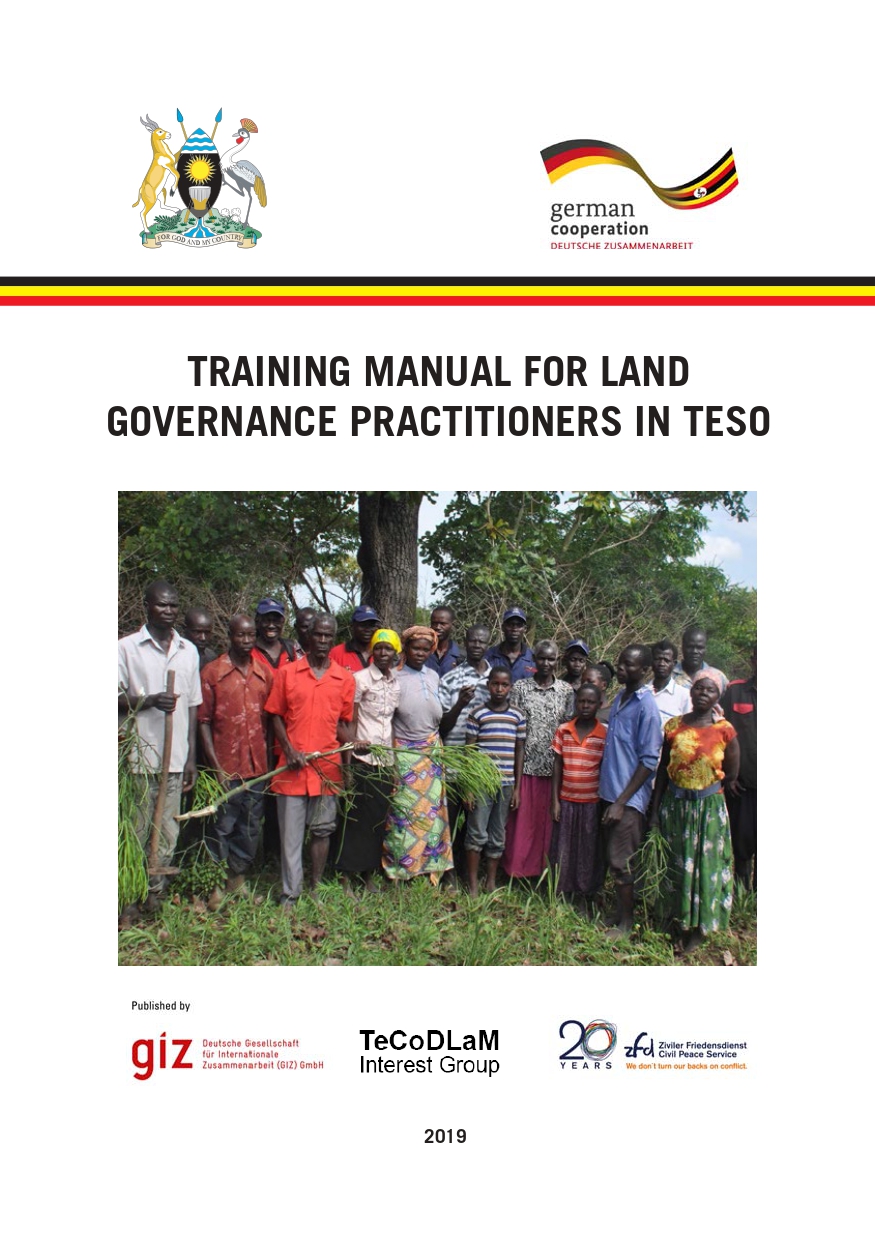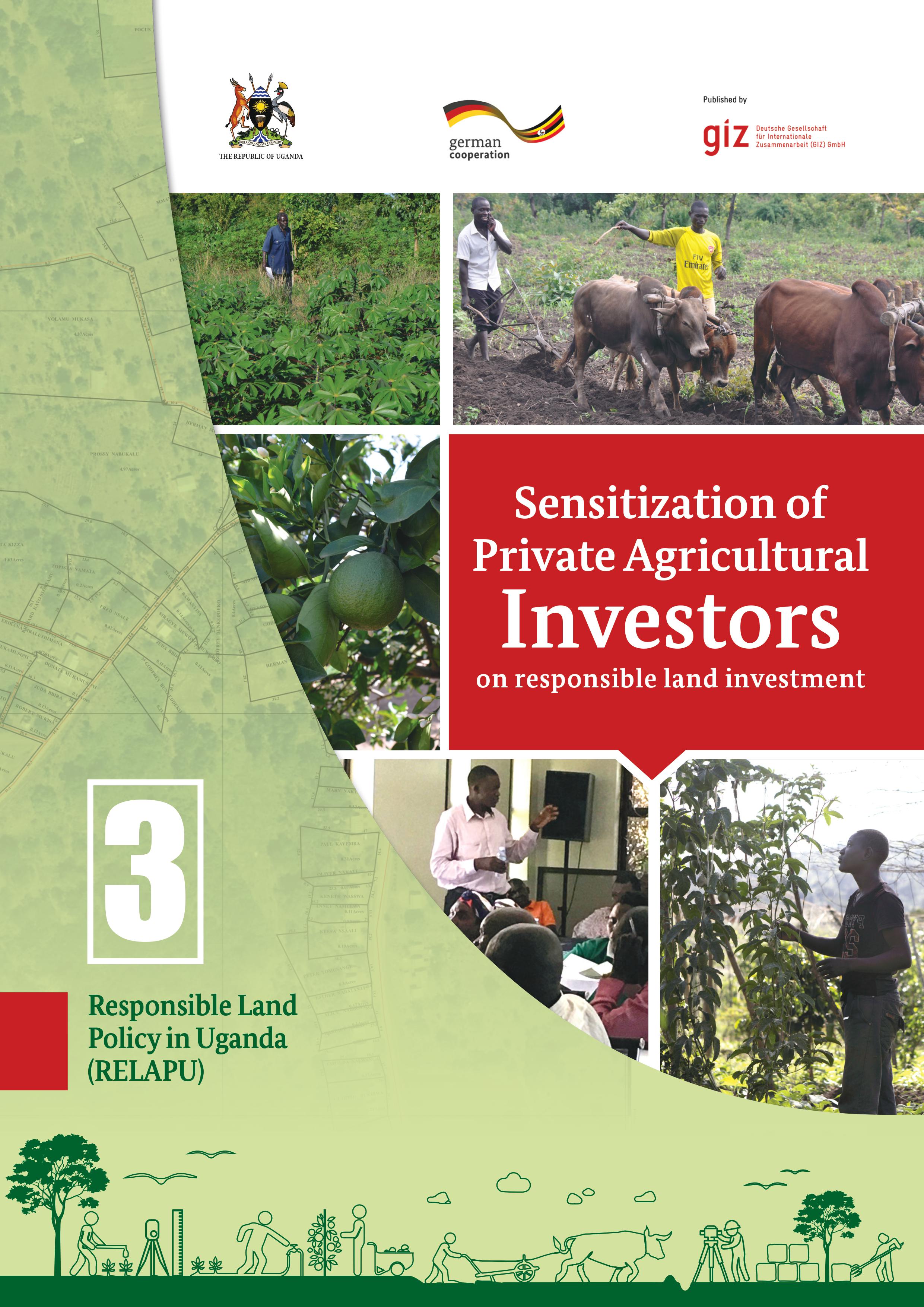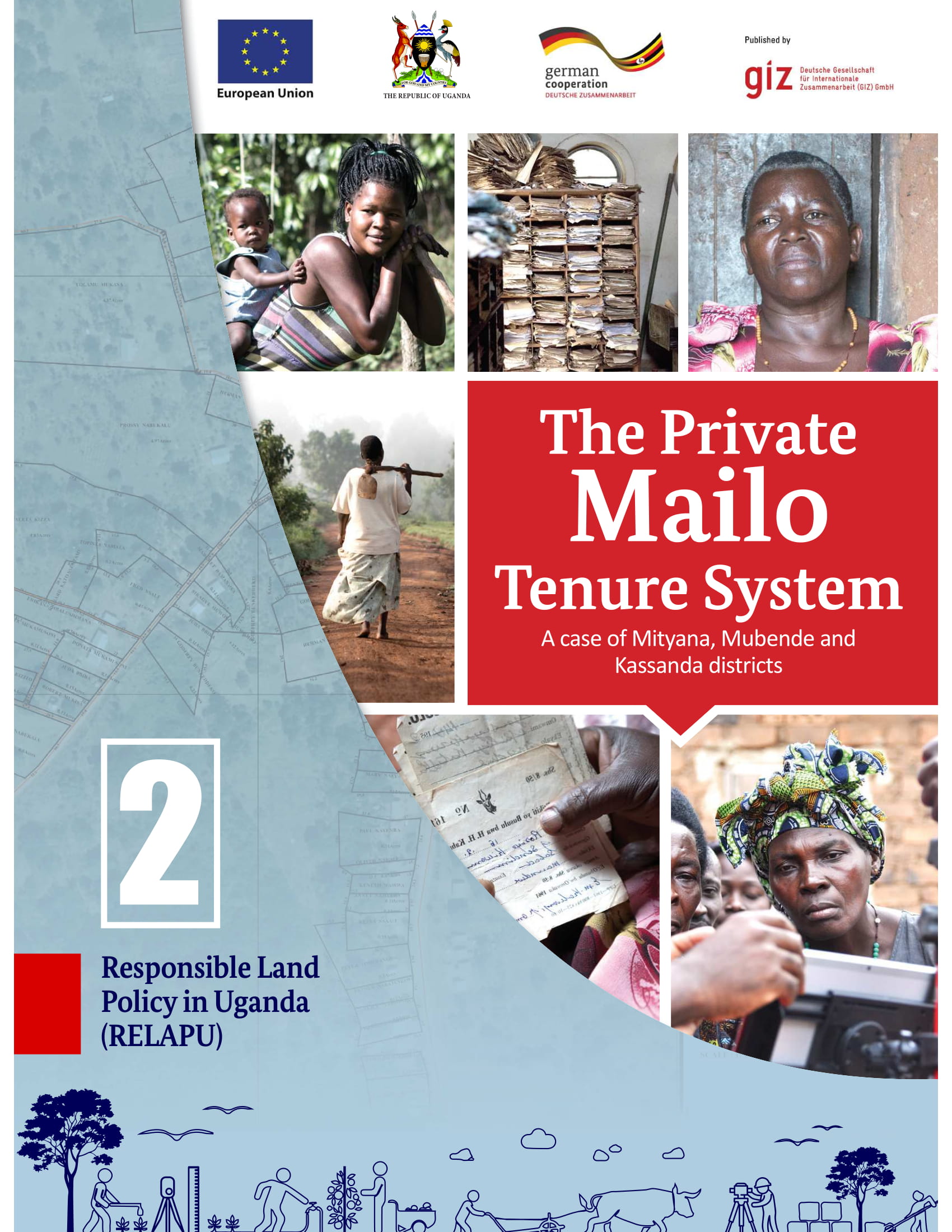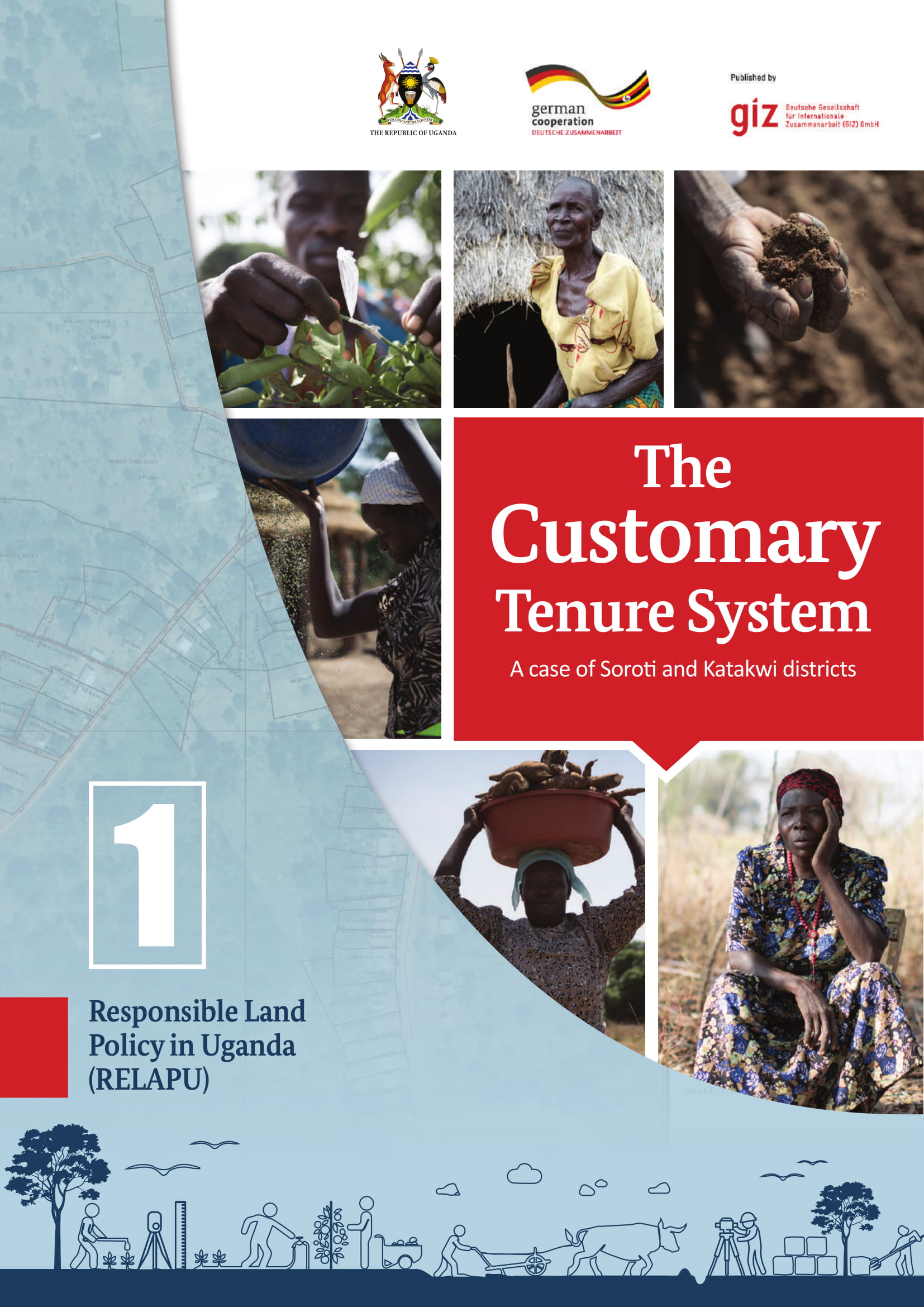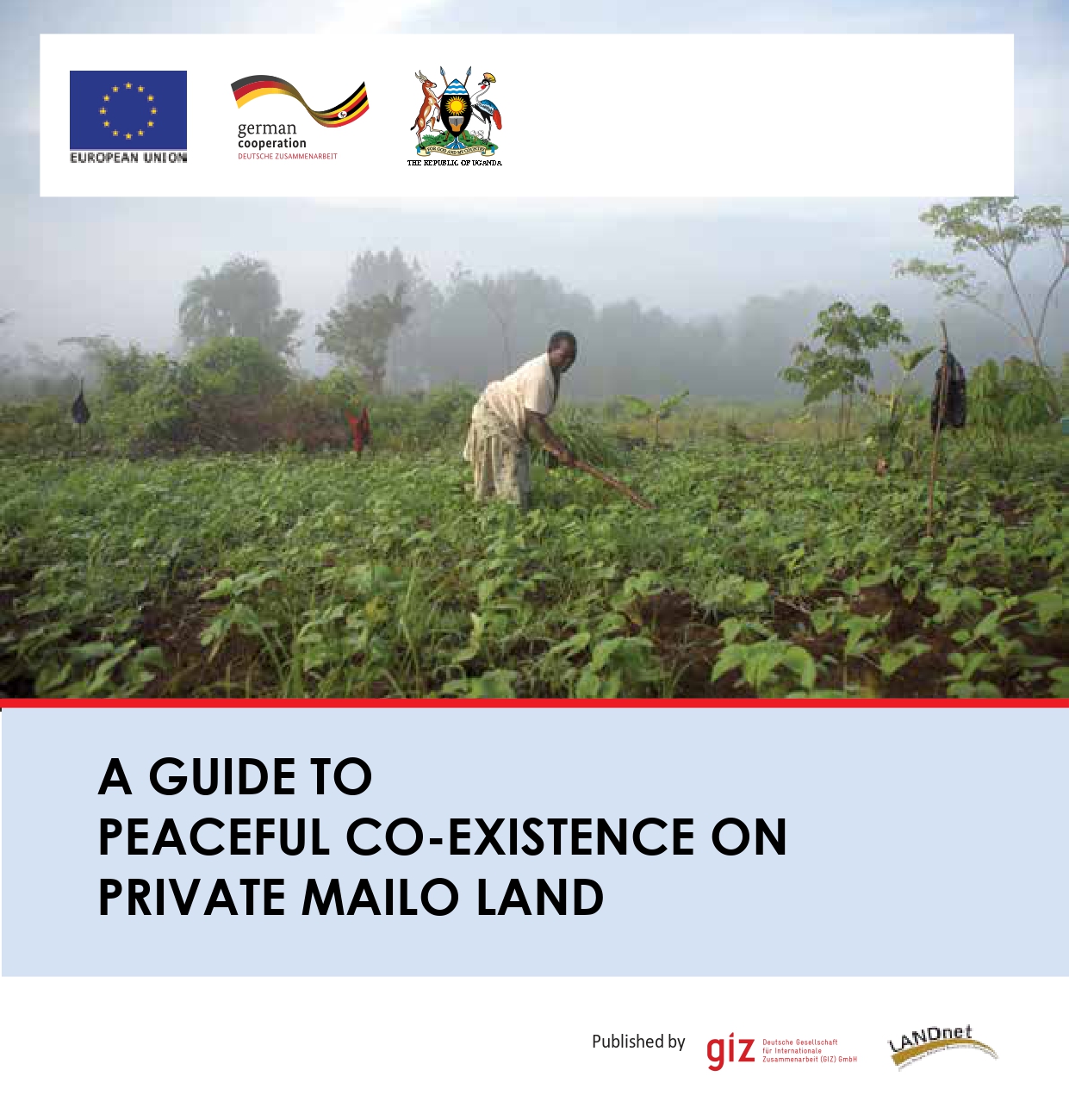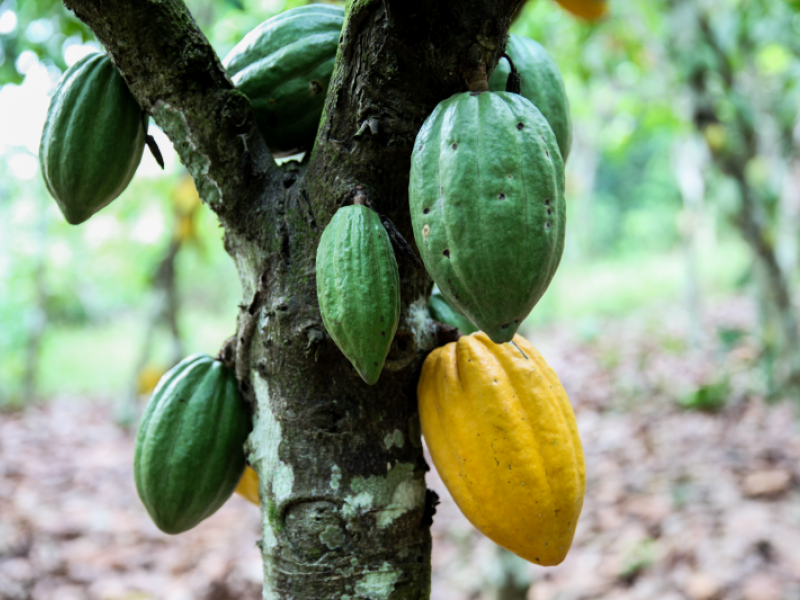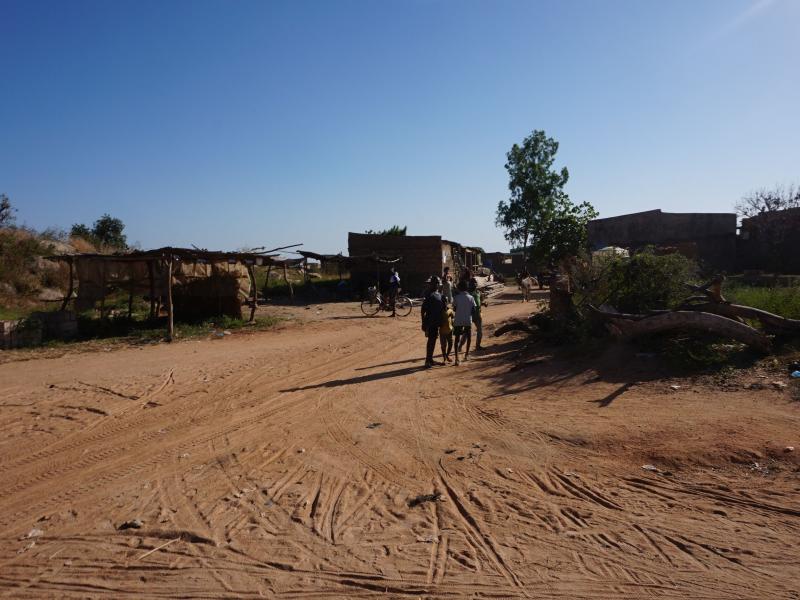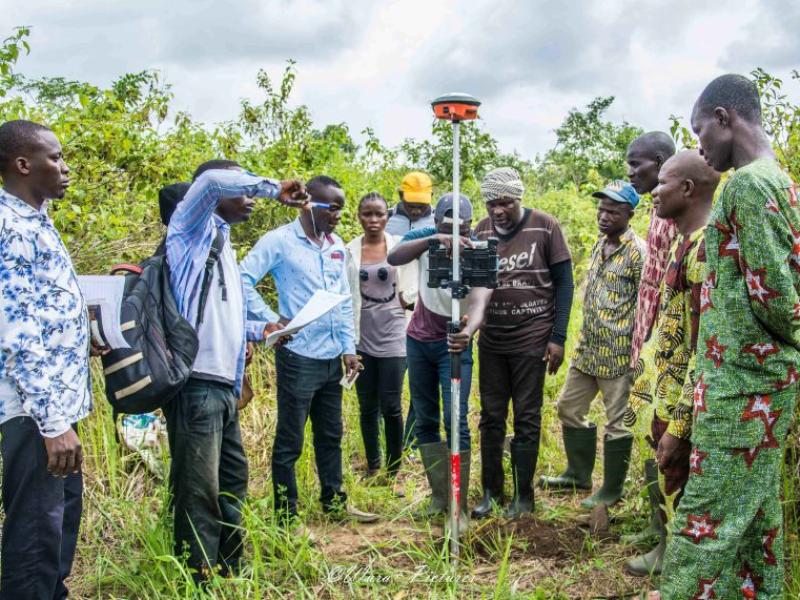Community / Land projects / Responsible Land Policy in Uganda
Responsible Land Policy in Uganda
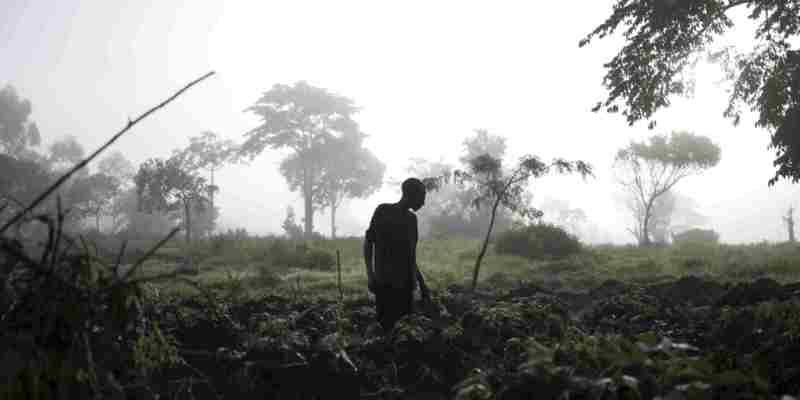
€27350000
05/16 - 05/26
Активно
Implementing Organisations
Donors
Data Providers
General
With an average of 213 inhabitants per km2, population density in Uganda is very high in comparison with other African countries. The population is growing by more than 3.3% per year. Land in Uganda is increasingly being fragmented due to inheritance rules. As a result, land ownership is being split up and competition between different user groups is on the rise. This situation is exacerbated both by the presence of more than 1.4 million refugees from neighbouring countries (as of March 2020) and by large-scale land investment by national and international investors. Against this backdrop of growing competition for dwindling land resources, fair and secure land rights are increasingly important. Uganda has created a favourable framework for reform of land law through a progressive constitution and land policy. The global project is working with local institutions to advance the granting of use and ownership certificates for smallholders as a basis for economic growth and food security.
Activities in Uganda
The project works in three fields of action: Activities in field 1 aim at improving the institutional framework and processes for ensuring land rights. This involves a systematic inventory of land which is the basis for applications for land ownership or use certificates. As part of field 2, civil society is strengthened in regard to responsible land policy and in its capacities to provide information to the population and conducting dialogues with the Government and the private sector. The aim is also that civil society cooperates with the project as an implementing partner. The aim of field of action 3 is to raise agricultural investors’ awareness of responsible land policy. The project is providing advisory services to familiarise investors with relevant international standards, such as the Voluntary Guidelines on the Responsible Governance of Tenure (VGGT).
An example from the field
Less than 10% of all land plots in Uganda are formally registered. Rural populations are particularly likely to lack the documentation to protect their land rights. For this reason, traditional land ownership rights can often be established only with testimony from neighbours, village elders or clan representatives. Attaining land titles or land certificates is a lengthy and costly process and, for most of the rural population, simply not possible. The project Responsible Land Policy in Uganda is working in this area to ensure systematic documentation of the land rights of those living in rural areas. The first stage of the project involves informing the target population about its rights and its scope for protecting its land rights in the long term. One aspect is strengthening women’s rights since land rights are often passed down exclusively to male descendants. The second stage is to establish systematic land inventories at village level, surveying individual land plots digitally and collecting the necessary information concerning owners and users. The resulting land inventory protocols (LIPs) include all necessary information on neighbours, clans and parcels of land. The documented testimonies of neighbours and clans play a decisive role in avoiding future land conflicts. The LIPs are an adapted and pragmatic minimum standard for securing land rights: the systematic approach markedly reduces the work and costs involved. The LIPs also function as security when holders apply for small loans. LIPs therefore not only improve the land rights situation of those involved but also facilitate their access to credit to enable them to invest in their land. This gives entire families a better future.
Resources
Here on Landportal, the GPRLP shares its knowledge products, which come directly from the projects in the countries. These include good practices, impact stories, as well as manuals and guidebooks on topics like tenure security, dispute resolution and implementation strategies. You can find all our resources from Uganda down below!

